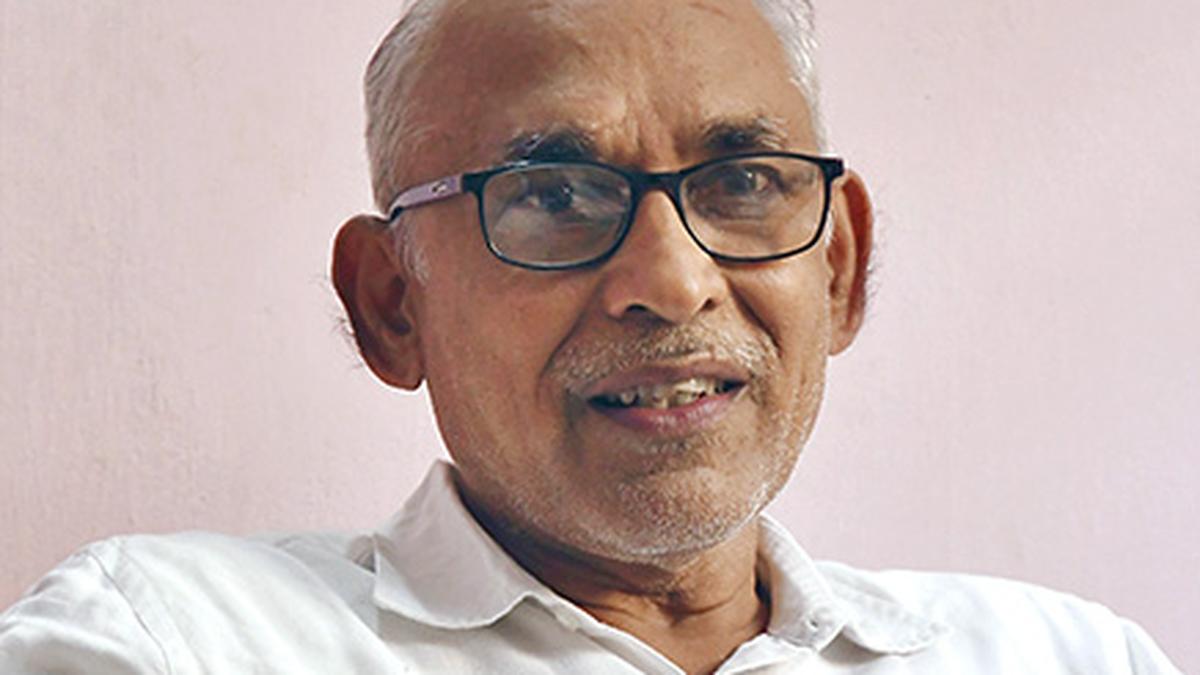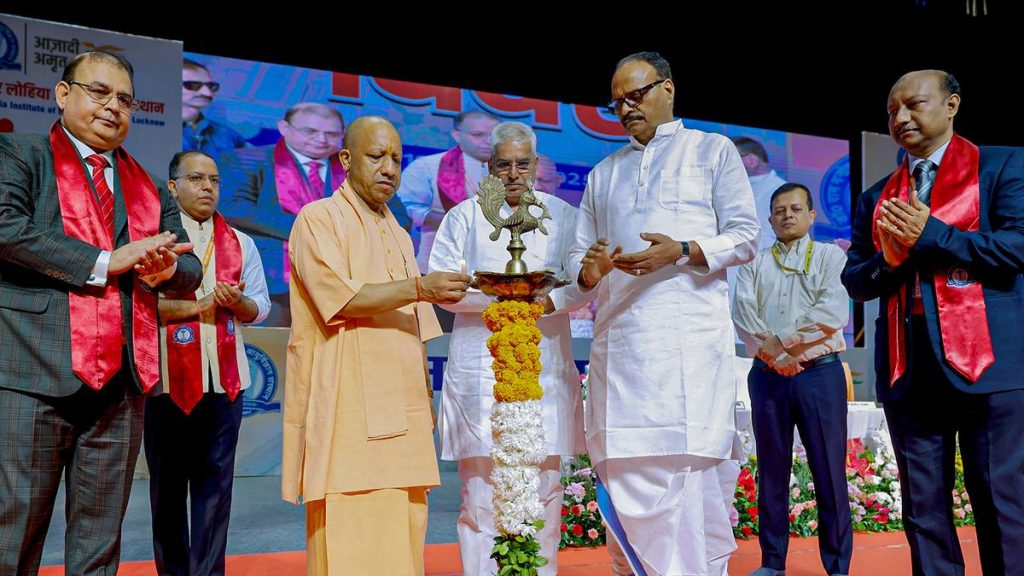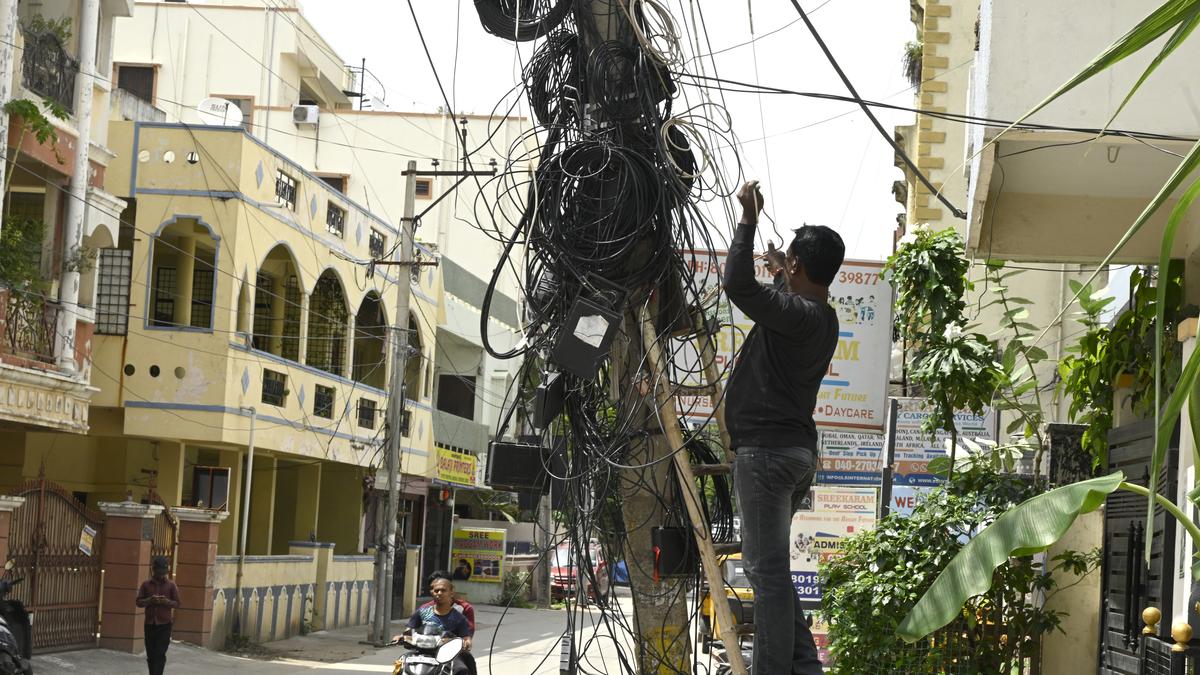Now Reading: CPI(M) Urges Stronger Push Against Corporate Exploitation
-
01
CPI(M) Urges Stronger Push Against Corporate Exploitation
CPI(M) Urges Stronger Push Against Corporate Exploitation

Quick Summary
- The CPI(M) Andhra Pradesh Committee held a State-level meeting in Vijayawada on September 12,2025.
- polit Bureau member B.V. Raghavulu accused large corporate companies of exploiting urban areas, especially through profiteering in the real estate and construction sectors, which has made housing unaffordable.
- He criticized BJP and RSS for allegedly spreading communal tensions and division through religious platforms.
- CPI(M) State secretary V. Srinivasa Rao referenced youth unrest in Nepal as a warning for the Indian government, urging focus on public-interest urban progress rather than catering to corporate demands.
- Rao called for reduced taxes and improved urban facilities to address rising inequalities instead of imposing burdens on citizens.
Indian Opinion Analysis
The CPI(M)’s critique highlights pressing concerns regarding urban inequality,unaffordable housing,and alleged communal polarization in India’s cities-issues that merit serious attention irrespective of political affiliations.As property costs surge and corporate interests dominate developmental policies, there is an increasing risk of marginalizing low-income populations further.
The party’s caution about potential unrest suggests parallels between ignored grievances internationally (e.g., Nepal’s youth protests) and domestic realities that may arise if socio-economic problems persist without adequate intervention.
Neutral governance emphasizing equitable resource distribution alongside fostering social harmony could prove essential for stability amid india’s rapid urbanization challenges. Moreover, balanced prioritization between private sector growth and public welfare will likely remain critical to ensure broader inclusivity within developmental policy frameworks.
For more details: Read Article
























